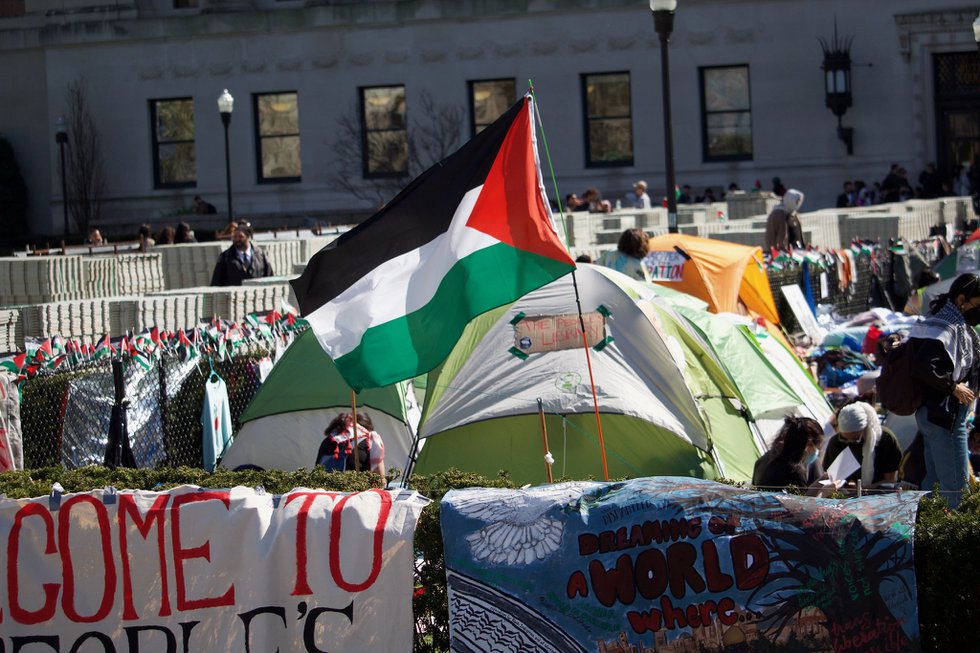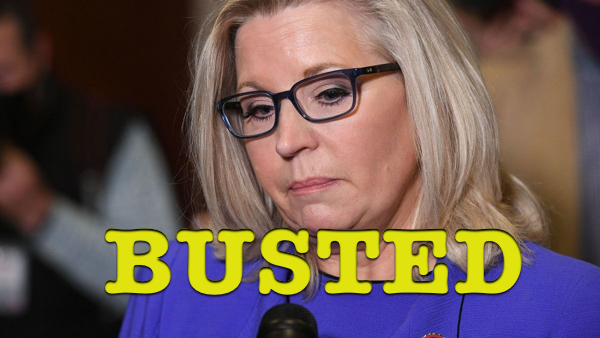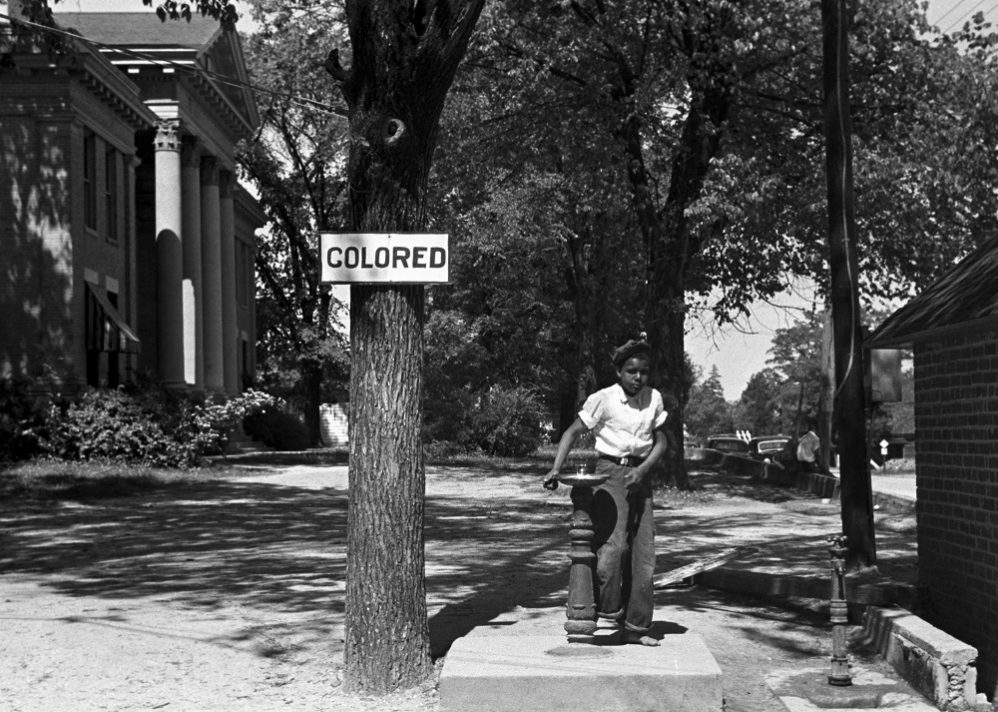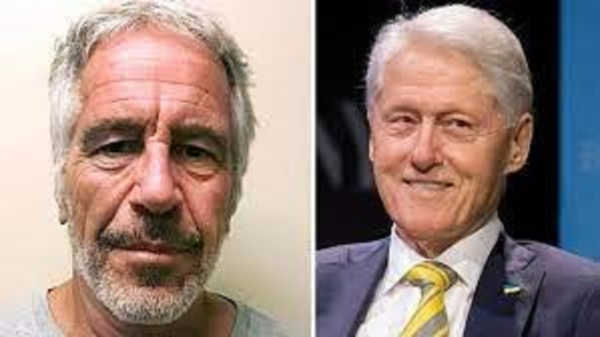Many universities do not even acknowledge Israel’s human right abuses, unlike apartheid South Africa.
Unlike apartheid- era South Africa, many universities are n’t yet recognizing Israel’s human rights abuses. Unlike apartheid- era South Africa, many universities are n’t yet recognizing Israel’s human rights abuses.
Many universities do not even acknowledge Israel’s human right abuses, unlike apartheid South Africa.
×. Expand. عباد ديرانية (CC0). The Gaza Solidarity Encampment at Columbia University on its fourth day, April 21, 2024.. A wave of sit-ins and encampments have swept college and university campuses across the country. They are being led—as in past anti-war campus protests in 1968—by Columbia University in New York. The immediate demand by most of these student groups is that their institutions divest from companies supporting Israel’s war and occupation. Calls for more ethical investment policies and an end to the bombardment of Gaza, however, are unthinkable for many university administrators and Washington officials, and the pushback has been intense.. . Divestment campaigns have been fixtures on college campuses for generations—they’ve called for withdrawing financial support from arms manufacturers, owners of sweatshops, union busters, and carbon polluters, among other industries. What this wave of activism most resembles, however, are the protests of the late 1970s and the 1980s over investments in corporations doing business in apartheid South Africa. Back then, student encampments were designed as “shantytowns” to reflect the squalor in which Black South Africans lived amid the affluent white minority.. . During the South Africa protests, arrests were mostly of students who engaged in more confrontational tactics, like occupying administration buildings, blocking traffic, or other actions meant to provoke arrest. The shantytowns and other encampments, with a few notable exceptions, were allowed to stay for weeks or even months. That’s not the case today, when many student camps have been subjected to mass arrests and removal almost immediately.. . During the anti-apartheid struggle, student groups that organized shantytowns and other disruptive protests were allowed to operate as recognized student organizations. Now, at Columbia and elsewhere, chapters of Students for Justice in Palestine, Jewish Voice for Peace, and other anti-war/anti-occupation groups have been banned.. . Another major difference from the 1980s is that, while college and university administrations generally opposed divestment as a tactic, they would often reassure students, faculty, and alumni that they, too, strongly opposed apartheid. Today, virtually no college or university administrations have come out in opposition to Israeli apartheid, the occupation, or the ongoing war on Gaza. This indicates that they not only oppose enforcing ethical investment policies but the students’ peace and human rights agenda as well.. . The administrators are not alone. The 2020 Democratic Party platform also opposed divestment campaigns that target Israel. By contrast, the platform did not criticize—or even mention—the Israeli occupation, illegal settlements, or ongoing human rights abuses. In Washington, many Democratic politicians, including President Biden, have criticized the current protests. Leading House Democrats—including Representative Debbie Wasserman Schultz, Democrat of Florida (and former Democratic National Committee chair), and Representative Adam Schiff, Democrat of California (and current candidate for the U.S. Senate)—sent a letter to the Columbia University Board of Trustees demanding that they forcibly shut down the nonviolent encampment calling for the divestment of university holdings in companies supporting the Israeli occupation. They insisted that the protests were “anti-Jewish” and that they somehow posed a threat to the physical safety of Jewish students. The letter depicted the actions of a few extremists as somehow representative of the hundreds of conscientious supporters of human rights and ethical investment—including many Jewish students—who are taking part in the campus protests.. . ×. Expand. Andrew Kerley/VCU Capital News Service (CC BY-NC 2.0). Police tear down a pro-Palestine encampment by Virginia Commonwealth University students on March 29, 2024.. Senator John Fetterman, Democrat of Pennsylvania has gone as far as saying, “I fully agree with the White House—these ‘protests’ are antisemitic, unconscionable, and dangerous. Add some tiki torches and it’s Charlottesville,” in reference to the deadly 2017 neo-Nazi demonstrations in Charlottesville, Virginia.. . The Republican response has been even more extreme, with Donald Trump claiming these overwhelming nonviolent protests are far worse than Charlottesville, calls by Republican senators to send in the National Guard, and Republican House members, including some who supported the January 6 insurrection, claiming the peaceful encampments are “violent,” “pro-Hamas,” and a threat to Jewish students.. . Since the principal demand of the protesters is divestment, the denunciations of this movement from Washington by leaders of both parties appears to be less about the protection of Jewish students—many of whom support divestment and are disproportionately represented among the protesters—than about the protection of corporate profits.. . It is true that there really are some antisemitic elements in the mix among the pro-Palestinian activists. It is a problem that should not be dismissed. Just as most coalitions would not tolerate overtly racist or sexist organizations or individuals, there should be similar intolerance for the inclusion of antisemites.. . But reports of antisemitism have been grossly exaggerated. Thanks to social media and the ubiquitous presence of video and photography, their presence amid the protests has been widely circulated to give an exaggerated sense of their size and influence. What’s more, the most egregious incidents appear to have come from people off-campus.. . In some cases, the antisemitic incidents appear to have been caused by provocateurs and other supporters of Israel’s war. At Northeastern University, a pro-Israel protester started chanting “Kill the Jews,” which the administration then used as the excuse for arresting more than 100 pro-divestment demonstrators.. . Furthermore, given that a large bipartisan majority of Congress is on record claiming that anti-Zionism is in itself antisemitic, these incidents enable critics to equate this mass movement with hatred of Jews.. . This national wave of protests during the past week came in reaction to the decision by Columbia University president Minouche Shafik to call on the New York police department to break up the peaceful encampment on April 18, ludicrously claiming that they “pose a clear and present danger to the substantial functioning of the university.” By contrast, NYPD Chief of Patrol John Chell observed how “the students that were arrested were peaceful, offered no resistance whatsoever, and were saying what they wanted to say in a peaceful manner.”. . ×. Expand. عباد ديرانية (CC0). A sign displayed at the Gaza Solidarity Encampment at Columbia University, stating: “Welcome to the People’s University for Palestine,” April 22, 2024.. The April 18 decision by Shafik to remove the protesters came one day after she was grilled in testimony before Congress by Republican members of the House for not cracking down on the peaceful protests, with one Representative saying the university would be “cursed by God” if she didn’t do otherwise. It was the first time that police had engaged in mass arrests on campus since the famous 1968 protests. Columbia faculty have condemned Shafik, saying, “She has demonstrated flagrant disregard of shared governance in her acceptance of partisan charges that anti-war demonstrators are violent and antisemitic and in her unilateral and wildly disproportionate punishment of peacefully protesting students.” Some faculty have promised to allow suspended students to continue to attend classes online, submit work, and plan to give them their final grades.. . There have been violent crackdowns on other campuses, such as the University of Texas in Austin, where, in a massive show of force by State Troopers in full riot gear under apparent orders of Texas Governor Greg Abbott, scores of students, along with journalists and other bystanders, were arrested. Travis County attorney Delia Garza said the protest and “the overwhelming police response to what appears to have been a peaceful demonstration should be concerning to all who believe in our constitution.” Abbott, however, tweeted that the protesters “belong in jail” and “should be expelled.”. . At Emory University, scores of nonviolent anti-war protesters were met by Atlanta police using pepper balls, stun guns, and rubber bullets, resulting in dozens of arrests, including faculty observers. Georgia governor Brian Kemp defended the action, saying that Georgia campuses “will never be a safe haven for those who promote terrorism and extremism” and that “such activities will not be tolerated in Georgia.”. . Even prior to the massive waves of protests, pro-Palestinian protesters were being targeted under stricter rules than other activists. At Columbia, for example, pro-Palestinian students were being punished for hanging flags out of dorm windows, decorating statues, and engaging in silent walkouts—all forms of protest that were previously allowed when in support of other political causes.. . Similarly, some universities have abruptly changed longstanding policies in order to suppress pro-Palestinian protesters. When students at Northwestern University decided to set up an encampment on April 24, the university suddenly announced a new policy to ban tents and temporary structures in common areas. At Indiana University, hours after students announced a pro-Palestinian demonstration the following day, the university reversed a policy in place since 1969 by suddently requiring protesters obtain prior approval for signs and tents.. . Despite the crackdowns, lawmakers in Congress on both sides of the aisle have called for Shafik and other college presidents to resign for not doing enough to end the protests.. . This is the dilemma that college and university administrators are facing—do they sic the cops on protesters or risk facing lawmakers’ wrath. Already, the presidents of Harvard University and the University of Pennsylvania have lost their jobs over a failure to be more repressive. And, as the protests grow, the pressure from Washington will likely only increase.









